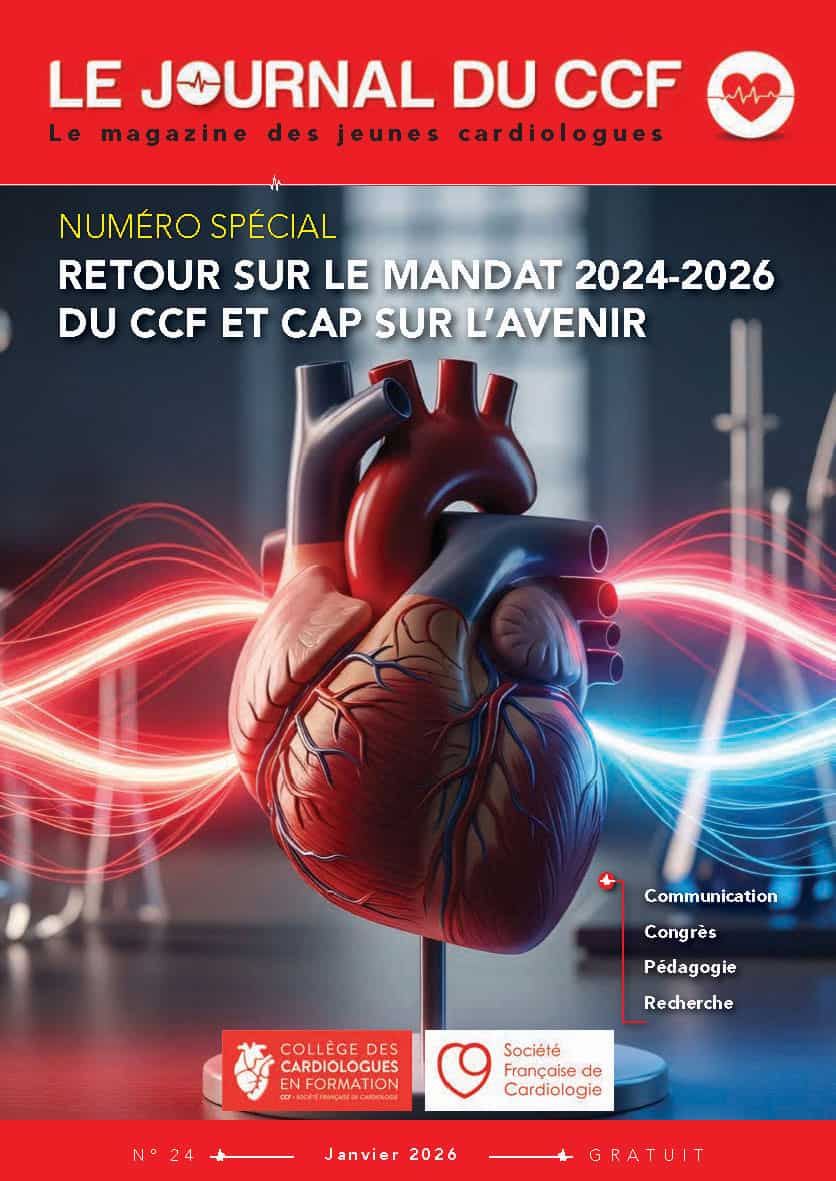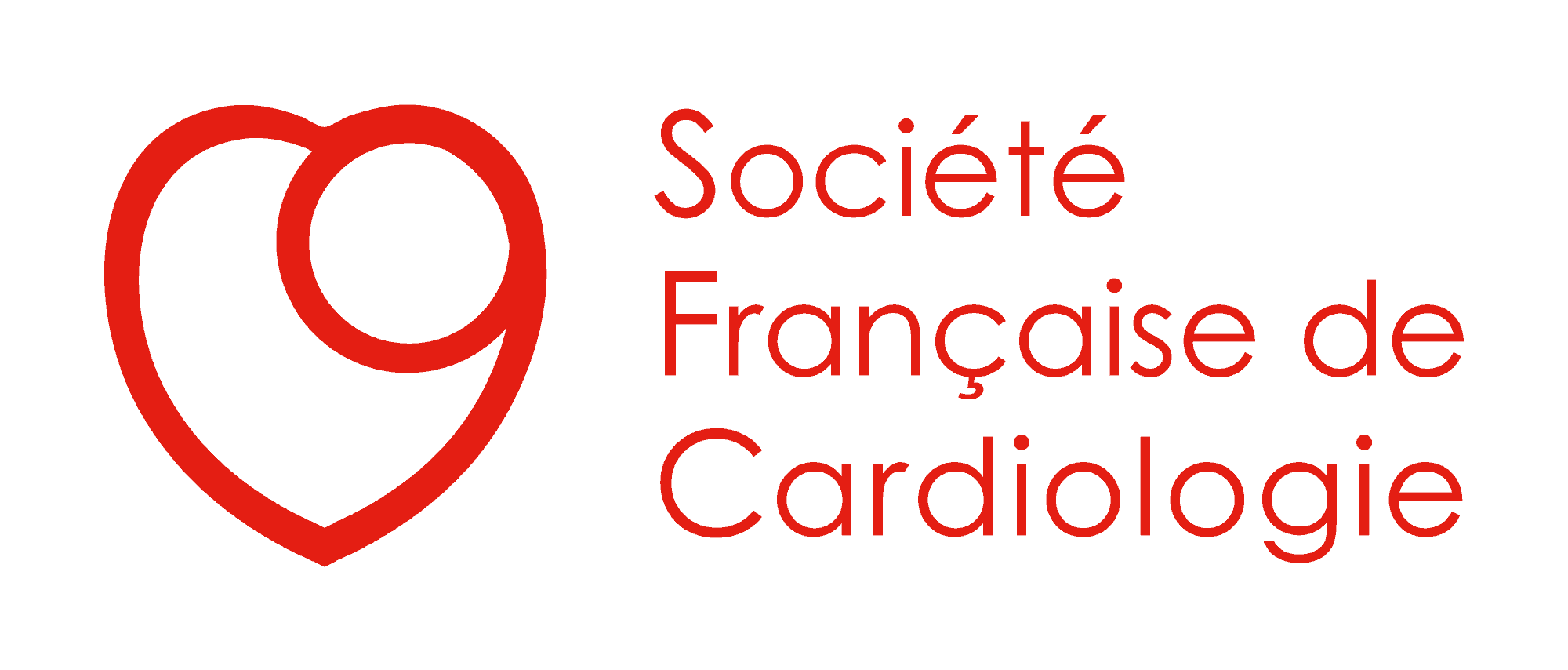Suivez-nous sur les réseaux sociaux !
Retrouvez les articles immanquables des Archives of Cardiovascular Diseases, revue scientifique mensuelle en anglais de notoriété internationale.
Voici un aperçu rapide des sujets abordés dans cette publication :
Dernières publications
Publications
Position paper – Management of conduction disease and arrhythmias in patients with cardiac amyloidosis
Voici un aperçu rapide des sujets abordés dans cette publication :
Archives of Cardiovascular Diseases | Janvier 2025
Position paper from the Working Group of Cardiac Pacing and Electrophysiology of the French Society of Cardiology
Nicolas Lellouche, Pascal Defaye, Vincent Algalarrondo, Estelle Gandjbakhch, Laurent Fauchier, Laure Champ-Rigot, Laura Delsarte, Fabrice Extramiana, Eloi Marijon, Raphael Martins, Vincent Probst, Rodrigue Garcia, Stephane Combes, Jerome Taieb, Mina Ait Said, Carole Mette, Olivier Piot, Serge Boveda, Didier Klug, Charles Guenancia, Frederic Sacher, Philippe Maury
Background
Cardiac amyloidosis is caused by perimyocyte infiltration ofamyloid deposits, which induces numerous pathophysiological mechanisms, including the inflammatory response cascade, oxidative stress and subsequent separation of myocyte fibrils. These cellular modifications can result in atrial fibrillation, which occurs very frequently in patients with cardiac amyloidosis and represents a major management issue in this population, conduction disease, such as bundle branch block, sinus node disease or atrioventricular block and ventricular arrhythmias [1]. One of the particularities of cardiac amyloidosis is the evolution of these abnormalities overtime, with a faster and more unpredictable progression than in patients without cardiac amyloidosis. Finally, we describe the two main different types of cardiac amyloidosis (light-chain cardiacamyloidosis [AL-CA] and transthyretin cardiac amyloidosis [ATTR-CA; hereditary or wild type]), which have different arrhythmogenic properties [2]. Although cardiac amyloidosis is increasingly diagnosed, as a result of improvements in diagnostic tools, and despite the development of specific therapy [3], studies related to cardiac amyloidosis arrhythmias remain small in sample size, and the level of scientific evidence for arrhythmia management remains low. All the therapies currently used to treat cardiac arrhythmias are potentially applicable to patients with cardiac amyloidosis. However, the indications depend on the type of amyloidosis, the severity of the disease, patient frailty and the risk/benefit balance of the therapeutics used, with their potentially serious complications. In this manuscript, we provide the current clinical evidence for the management of various cardiac arrhythmias in patients with cardiac amyloidosis, based on the available literature, together with potential unsolved issues that need further scientific evidence. However, we acknowledge that these data may be challenged in the near future by the very accelerated and impressive therapeuticdevelopments in cardiac amyloidosis.
Keywords
-
Cardiac amyloidosis
- Arrhythmias
- Cardiac implantable electronic device
- indication
Table of contents
- Abbreviations
- Background
- Atrial fibrillation and atrial arrhythmias
- Cardiac conduction disturbances during cardiac amyloidosis
- SCD and implantable cardioverter-defibrillators in cardiac amyloidosis
© 2025 Elsevier Masson SAS. Tous droits réservés.
Partagez cet article :
Partagez cet article :
Written by : SFC
Plus de publications de la SFC

Le Journal du CCF - Numéro 24 Retrouvez les sujets brûlants en cardiologie dans [...]

CARDIOLOGIE PÉDIATRIQUE Closure of Secundum Atrial Septal Defect and Risk of Incident and Recurrent [...]



